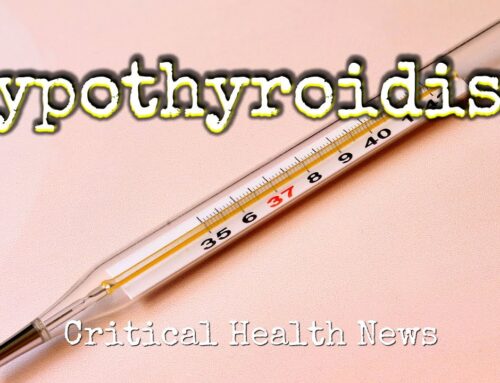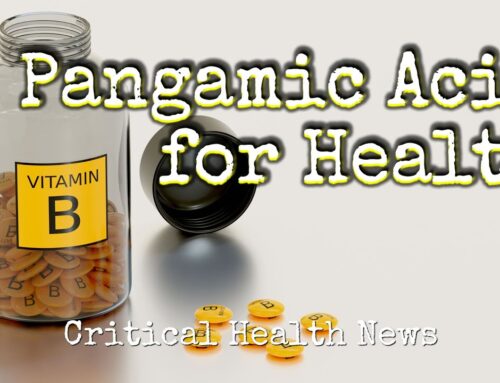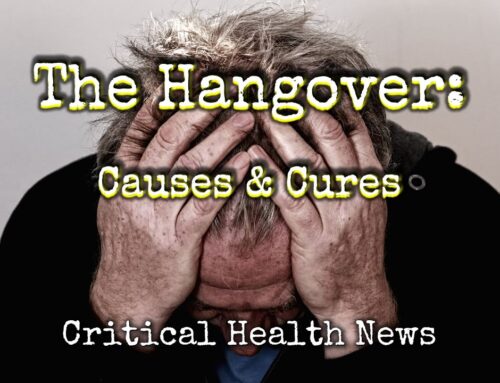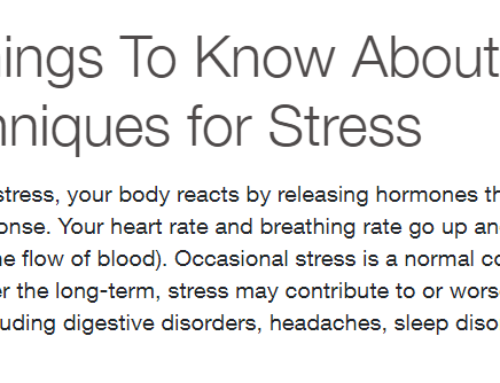The cortisol stress hormone is a well-known immune suppressant. It’s why we use the biochemical therapeutically in creams to calm down allergic reactions and other skin conditions. It’s why derivatives are used to improve the symptoms of autoimmune diseases like lupus and rheumatoid arthritis.
It’s also why recently taking dexamethasone, a cortisol like pharmaceutical, has garnered attention as an inexpensive strategy for calming down the inflammatory response that’s associated with complications from viral infections. On the other hand the immune suppression associated with elevated cortisol levels can create complications, from microbial assaults, that make it more likely that affected patients can end up in intensive care and even dead.
That’s according to an article published this week in the Landsat that found that levels of the stress hormone in patients with known viral infections were significantly greater than those without and higher than the cortisol levels in patients who are undergoing major surgery. It was also found that increased cortisol levels were associated with more deaths and reduced survival.
All of this indicates that one of the most important things we can do to protect ourselves from infection, as well as prevent symptoms complications and ultimately mortality, is to lower our cortisol levels. The best ways to do that include using nutritional supplements, especially vitamins A, D, E, EFA’s, Melatonin and Pregnenolone, as well as reduce our calories, avoid sugar, refined carbs and processed foods. We can also use slow deep rhythmic breathing techniques and leverage the power of a regular meditation practice, even if it’s only for five minutes a day.










